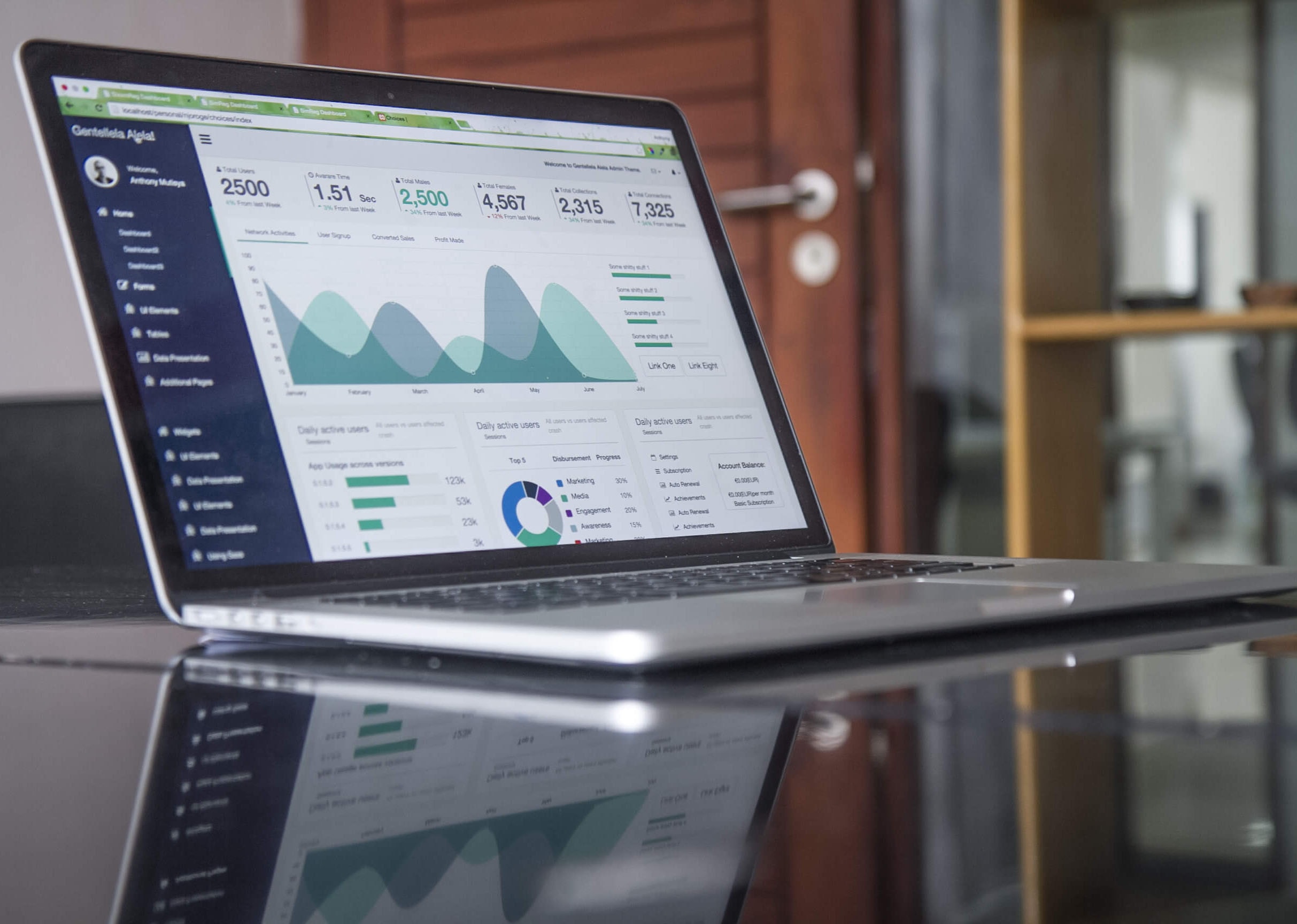Cybersecurity Threats in Healthcare Organizations:
Exposing Vulnerabilities in the Healthcare Information Infrastructure
Abstract
The healthcare industry has been brought to the limelight with the recent COVID19 pandemic. Everyday, the world waited for information from various data warehouses to report positive cases as well as effective treatment processes that help direct patient care. It was in 2009 that the HITECH Act was passed to promote and expand the adoption of health information technology, by converting paper records into computerized or electronic records to improve quality and safety of care through efficient, and timely exchange of information between the patient and the members of the healthcare team. Today, 30% of the world’s data belong to the healthcare industry. As healthcare data exponentially increase, so does the security and privacy threats to consumer’s personal and medical information. Both government and private advocacy agencies have created policies and standards to safeguard the public against cybercrimes. But what is imperative is transparency among healthcare organizations in exposing the potential vulnerabilities in their technology infrastructure so that collaborative strategies are created to address these cybersecurity threats. The Anthem security breach is provided as an example to identify weaknesses in healthcare organizations. Recommendations for healthcare organizations are provided as well as the role of consumers in the prevention of cybercrimes in healthcare is discussed.

Downloads
Published
Issue
Section
License
World Libraries allows authors to maintain the copyright of their article or to give permission to World Libraries to hold the copyright. If contributors decide to maintain copyright, a Creative Commons license allows authors to determine how their work can be used. For more information on the types of licenses available, visit http://www.creativecommons.org/.
Authors submitting a paper to World Libraries do so with the understanding that Internet publishing is both an opportunity and a challenge. In this environment, authors and publishers do not always have the means to protect against unauthorized copying or editing of copyright-protected works.
World Libraries is a copyrighted product, and all rights are reserved worldwide. Permissions to use any materials appearing in World Libraries should be directed to Questions about World Libraries.
Downloads of specific portions of World Libraries articles are permitted for personal use only, not for commercial use or resale. Educational uses of World Libraries are permitted with permission of the authors of specific works appearing in World Libraries.
PRIVACY
World Libraries respects the privacy of both its readers and its contributors. To that end, World Libraries does not collect in its logs or other server tools the exact identities of its readers. World Libraries does not require its readers to sign in or to secure a unique ID or password. World Libraries does not use cookies.
World Libraries collects general information in its logs on the origins of users at the highest domain levels. Usage patterns are tracked in World Libraries to assist editors in making decisions about future content. In addition, this information is used for research on usage patterns to improve the site over time.
E-mail addresses used by World Libraries to notify readers of new issues are not disclosed to third parties.
